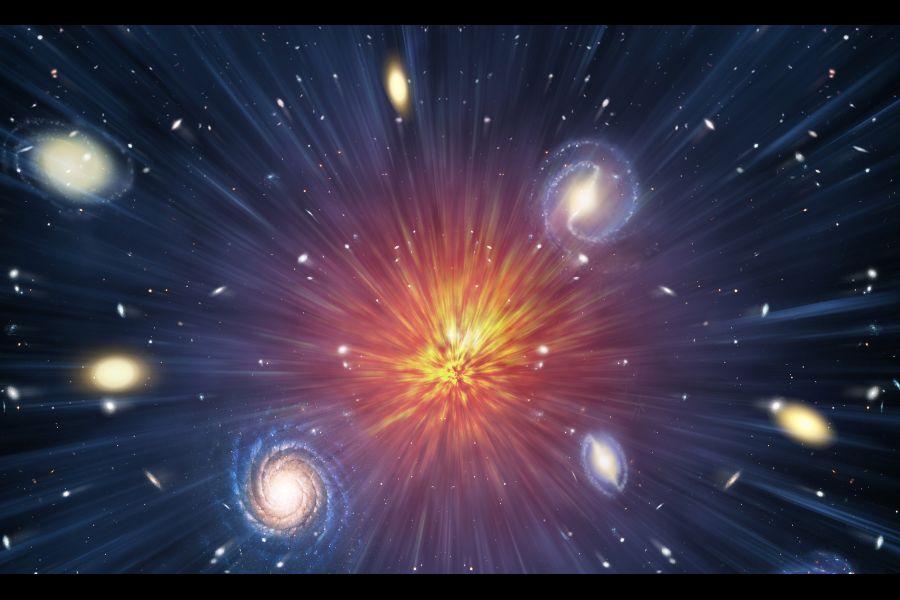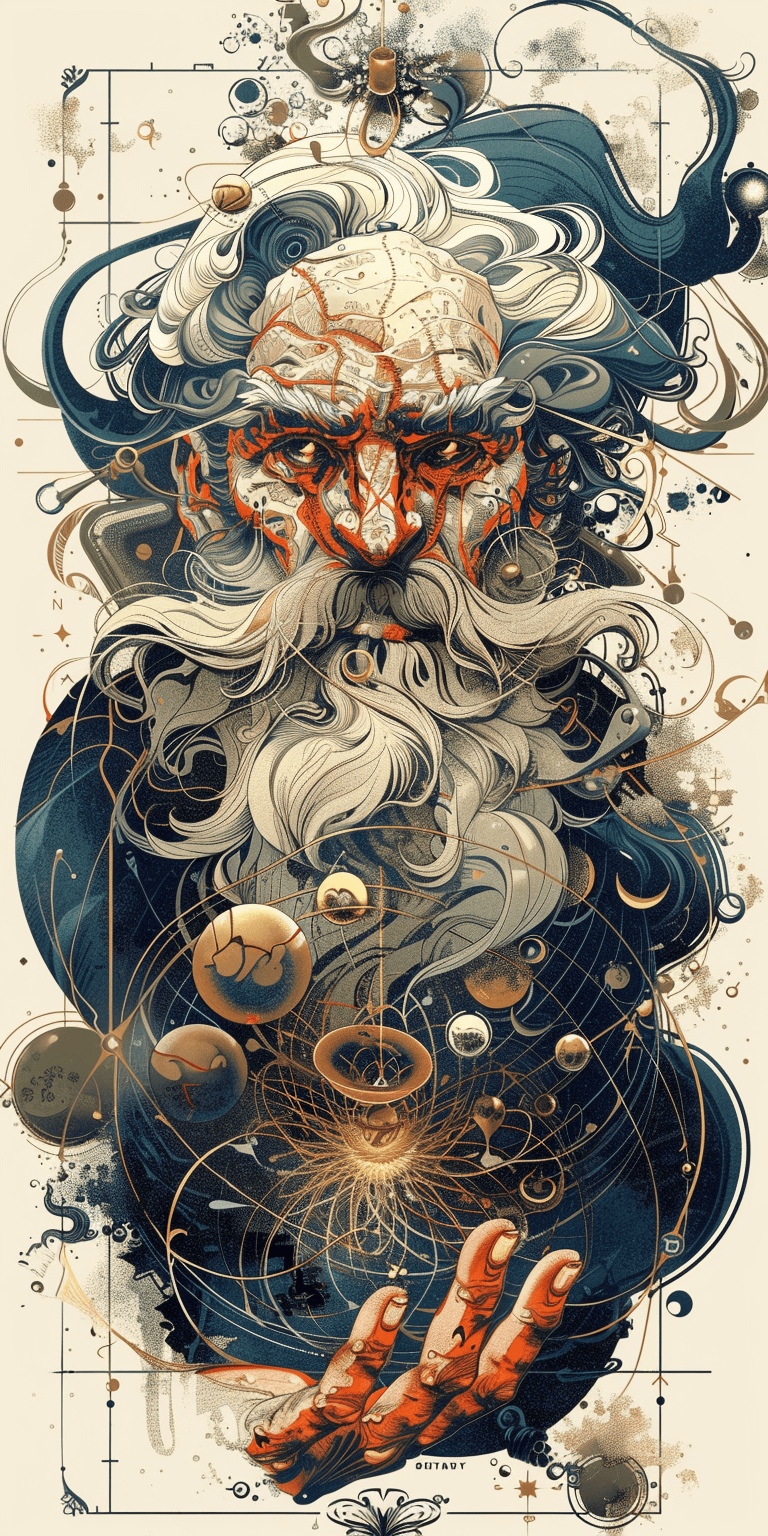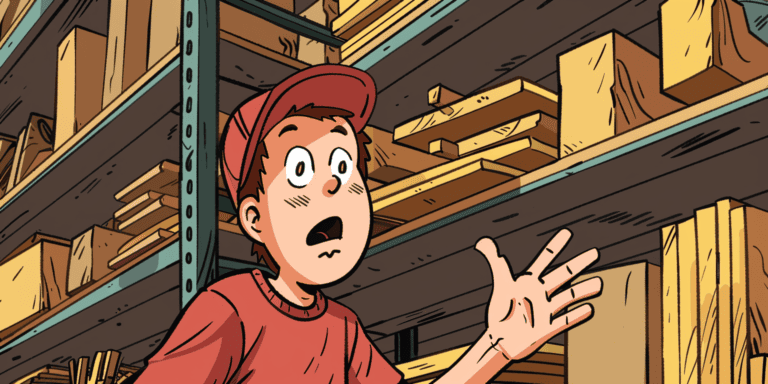Dr. William Brown is a professor of neurology at McMaster University and co-founder of the Infohealth series at the Niagara-on-the-Lake Public Library.
Dr. William Brown
Special to The Lake Report
The period in physics between 1900 and 1930 brought startling changes to cosmology, foremost of which was the discovery that the universe was expanding.
This notion was one of the outcomes of Einstein’s equations for general relativity and later strongly supported by Edwin Hubble’s direct observations, which showed that most of the 40 or so known galaxies he studied in the late 1920s, were speeding away from one another and faster, the farther away they were from Earth.
And if the universe was expanding, it must have been much smaller at one time – an idea which led to the Big Bang hypothesis. Further observations in the latter half of 20th century, suggested that the rate at which the universe was expanding was accelerating, perhaps in response to a mysterious force called dark energy. Such an expanding universe has consequences.
For example, an expanding universe might disperse the building blocks for the development of new galaxies and stars (such as the clumps of gaseous clouds of hydrogen, helium and dark matter), so widely that the development of new stars would become impossible. The result of this would be progressive aging and eventually the demise of all existing star systems, with no replacements possible and an increasingly dark universe.
There are other possibilities for the future. Some theoretical physicists suggest the period of accelerating expansion of the universe might eventually come to an end, and like an overstretched elastic, the universe might begin to shrink and eventually collapse into an infinitely dense and tiny spot, much like the postulated singularity thought to have existed before the Big Bang.
This scenario, known as “The Big Crunch,” was extended to include the notion that the universe might pass through successive cycles of expansion and contraction, in one expansive phase of which we now exist – a cycle referred to as “The Big Bounce.” Or what about the possibility that two mirror universes were born at the time of the Big Bang, ours and the other obeying the same natural laws but in which antimatter replaces matter and time travels backward?
What about entropy? The second law of thermodynamics states that as time goes by an increasing percentage of the total energy in the universe will become dispersed and thus inaccessible (increased entropy).
For example most of the energy created by the sun and other stars is scattered throughout the universe and hence unrecoverable for further use – the result of which in trillions of years might be a universe that eventually runs out of useful energy for building new star systems.
What does Roger Penrose, the recent Nobel laureate in physics, who with Steven Hawking demystified much of the mystery of black holes, have to say about the life cycle of the universe?
Penrose posits a universe in which super-massive black holes (perhaps the result of mergers of many black holes) gobble up most of the matter in the universe before they begin to leak in a phenomenon called Hawking’s radiation and leave a universe filled with photons akin to what the universe might have looked like shortly after the Big Bang. If so, such a universe might herald the beginning of a new universe and continuously recycling of the universe with not end.
All of this, and other crazy ideas I haven’t mentioned, seems farfetched, a sort of mathematical parlour game for theoretical physicists, but then so did the atom, the quantum, relativity and quantum mechanics in the early 19th century – and look what’s happened. They all became mainstream to later generations of physicists. Perhaps that’s what might happen here – or not.
Remember to register for the library's third annual Nobel series, which begins via Zoom on Wednesday, Nov. 4 at 2 p.m. with the physics prize and thereafter at weekly intervals, the prizes in chemistry, economics, medicine/physiology, peace and literature.
* To view the series, register through the library’s website, notlpubliclibrary.org.









